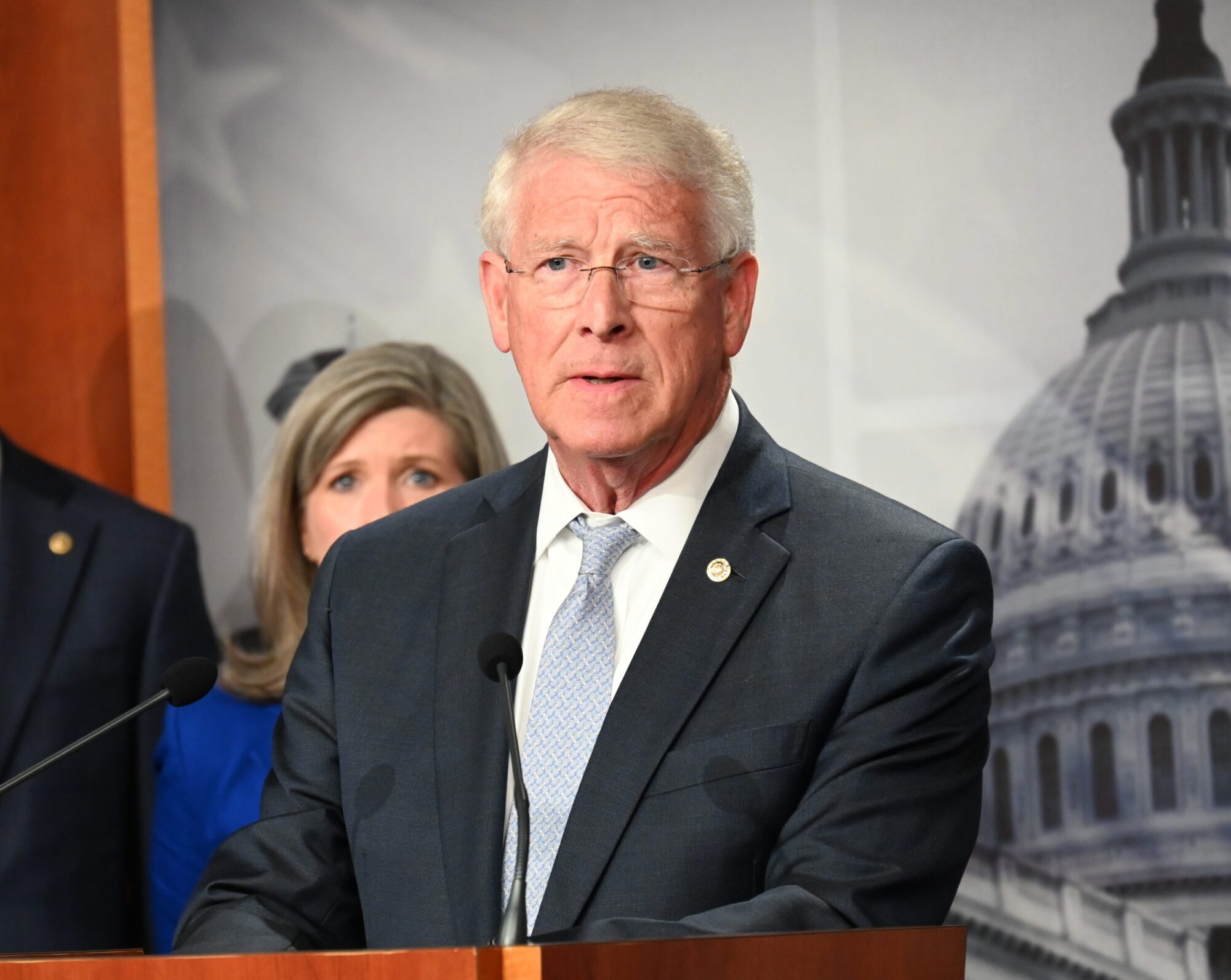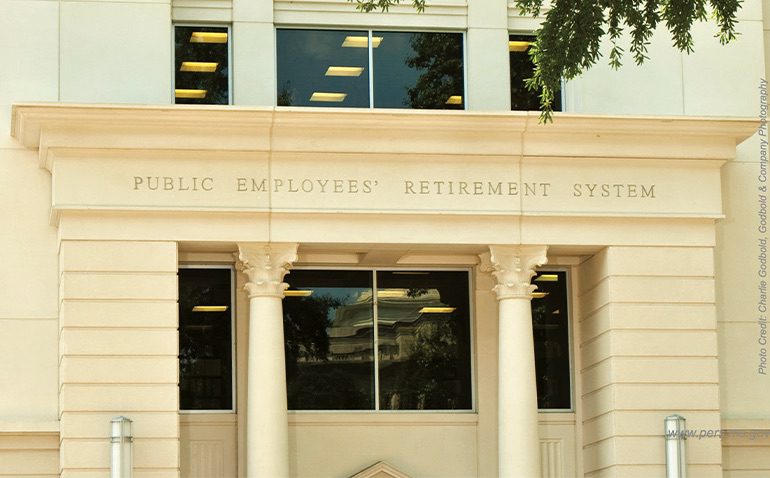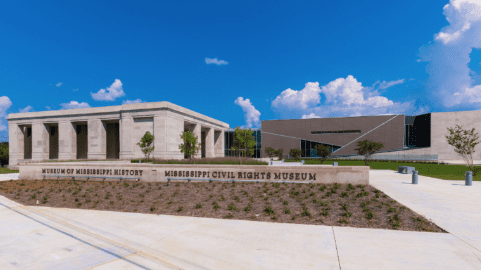
Studio portrait of Sid Salter. (photo by Beth Wynn / © Mississippi State University)
By Sid Salter
American taxpayers, who are also gasoline customers, are in an economic vise on questions of the cost of gasoline and the tax revenue gasoline purchases generate for future high construction and maintenance.
The Associated Press reported in recent days that the average U.S. price of regular-grade gasoline spiked 33 cents over the past two weeks to $4.71 per gallon and based their numbers on the Lundberg Survey, an oil and gas industry analyst.
The report put the average price of unleaded gasoline at the pump as $1.61 higher than it was one year ago. The highest average price for regular-grade gas is reported in the San Francisco Bay Area at $6.20 per gallon. The lowest average price was in Tulsa, Oklahoma, at $3.92 per gallon.
Those prices broke prior records set during the Great Recession in 2008 as reported by the U.S. Energy Information Administration (EIA) at $4.11 per gallon.
Because of Mississippi’s status as a producer in the Gulf Coast energy market and the proximity to Gulf Coast oil refineries, Mississippi gas prices have traditionally trailed the national average price per gallon. That’s still true, but state gas prices averaged $4.185 last week according to the AAA Gas Prices index.
But despite the historic increases in the price of gasoline in the U.S. and Mississippi – and the fact that every aspect of road construction and maintenance costs more now than a year ago – the tax revenue produced at the federal and state levels remains unchanged. No matter the price of gas, the tax revenue is the same.
Congress and the Mississippi Legislature face the same problems in raising highway funds from fuel taxes at current rates. Fuel consumption is flat-to-declining and fuel efficiency continues to improve, so as we drive less and get more miles to the gallon, the federal and state gas taxes don’t raise enough revenue to sustain the current transportation infrastructure or to expand and improve it.
Plus, with gas prices this high, the political appetite for gas tax hikes is less than zero. So, the future of highway maintenance and construction is tenuous at best for the foreseeable future.
The combined 37.19 cents-per-gallon total federal and state gasoline taxes are failing on several fronts — Mississippi’s total 18.79 tax and fees per gallon is a flat tax. So, too, is the 18.4 cents-per-gallon federal gas tax. The only way the state and federal governments take in more revenue in gas taxes is for the volume of gas consumed to increase — and automobiles are now manufactured to require less fuel consumption than a decade ago.
Neither the federal nor state fuel taxes have kept pace with inflation. Politically, the prospects for funding highway construction and maintenance based on the present structure of federal and state gas taxes are extremely dubious. The exponential growth in the popularity of electric cars suggests yet another wrinkle in the funding riddle.
The Congressional Budget Office reported last year that state and federal fuel taxes account for more than 40 percent of all highway construction and maintenance in the country and that if the funding system does not change by 2030, federal transportation funding will be $188 billion over budget. Despite 36 states either raising gas taxes or enacting variable rate fuel taxes, Mississippi has remained constant.
Every state in the South and every state that borders Mississippi has higher gas taxes.
When the current gas price surge cools – and analysts say it eventually will – Mississippi lawmakers will certainly have good reasons to reconsider Mississippi’s fuel taxes. The most popular vehicle in Mississippi, according to Kelly Blue Book data, is the Ford F-150. Production on the new Ford F-150 Lightning electric truck has seen production doubling due to popularity.
Both federal and state lawmakers have decisions to make about fuel taxes as a funding source for future highway construction and maintenance. Those decisions simply must include working electric vehicles into that mix.
And what’s the worth of being one of the five states with the lowest fuel taxes if we can’t maintain our current roads and bridges or build new ones?











